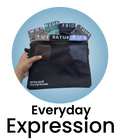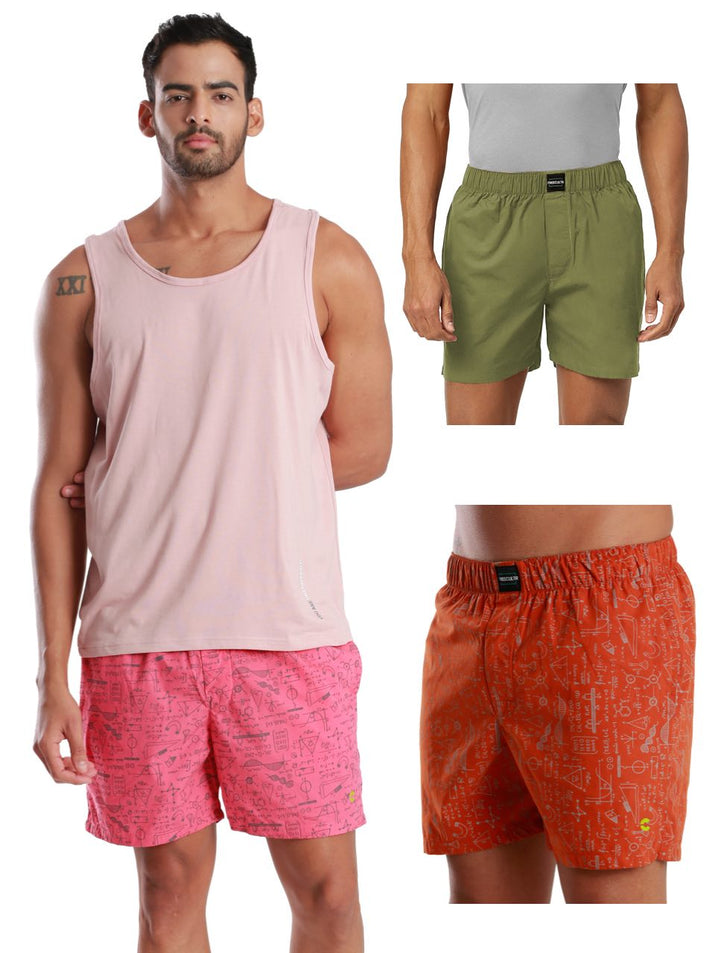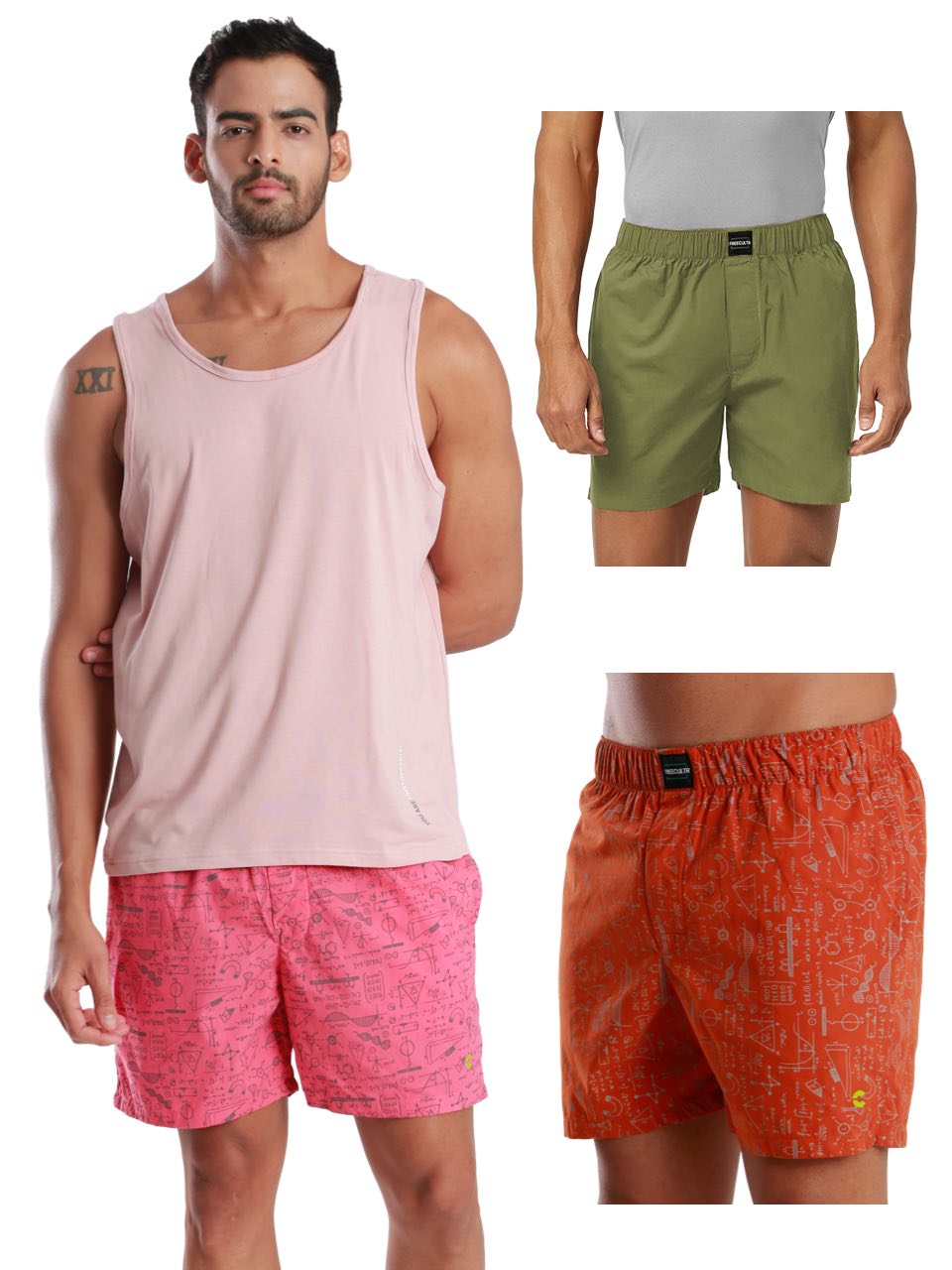In the burgeoning Indian online apparel market, both Freecultr and Damensch vie for consumer attention. A crucial differentiator emerges in their customer reviews. Examining recent data reveals a trend: Freecultr consistently garners higher average ratings and more detailed, insightful feedback compared to Damensch. This discrepancy stems from several evaluation factors, including product quality perception, shipping reliability. Responsiveness of customer service. We'll delve into a comparative analysis framework, dissecting review sentiment, frequency of specific keywords related to fit and fabric. The resolution rate of negative feedback. This exploration highlights not just what customers are saying. why Freecultr appears to be resonating more effectively with its user base, offering valuable lessons for understanding online brand perception.

Decoding Customer Reviews: What Makes a Review "Better"?
Before diving into a specific brand comparison, it’s crucial to interpret what constitutes a "better" review. A valuable review goes beyond simple star ratings and provides nuanced insights. Key characteristics include:
- Detailed Feedback: A good review elaborates on specific aspects of the product, such as fit, fabric quality, comfort, durability. Washing performance.
- Objective Assessment: While personal preferences are inevitable, the best reviews strive for objectivity, acknowledging both pros and cons.
- Contextual insights: data like the reviewer’s body type, size purchased. Usage scenarios helps others determine if the product is suitable for them.
- Long-Term Perspective: Reviews that update over time, reflecting the product's performance after weeks or months of use, are particularly valuable.
- Visual Evidence: Photos or videos showcasing the product's appearance and fit provide additional context and credibility.
- Comparisons: Reviews that compare the product to similar items from other brands offer valuable comparative insights.
The perceived "quality" of reviews can also be influenced by platform factors, such as moderation policies, review solicitation methods. The presence of fake or incentivized reviews. An authentic review ecosystem fosters trust and empowers informed purchasing decisions.
Freecultr vs. Damensch: A Comparative Look at Review Characteristics
When evaluating customer reviews for clothing brands like Freecultr and Damensch, several factors contribute to the overall perception of review quality. Here's a breakdown:
| Feature | Freecultr | Damensch |
|---|---|---|
| Detail Level | Reviews often include specific comments on fabric feel, stitching quality. Fit accuracy. Customers frequently mention how the product compares to their expectations. | Reviews tend to be shorter and more general, often focusing on overall satisfaction or dissatisfaction without detailed explanations. |
| Objectivity | Freecultr reviews often acknowledge both positive and negative aspects of the product, demonstrating a balanced perspective. | Reviews may lean heavily towards either positive or negative sentiment, with fewer nuanced critiques. |
| Contextual details | Customers frequently provide details about their size, body type. Intended use case, making the reviews more relatable and helpful to others. | Less contextual insights is typically provided, making it harder to gauge the product's suitability for individual needs. |
| Review Volume | Freecultr appears to have a robust and growing volume of reviews across its product range, suggesting high customer engagement. | While Damensch has a significant number of reviews, the distribution across product lines may vary. |
| Review Recency | Freecultr maintains a steady stream of recent reviews, ensuring that the feedback reflects the current product quality and customer experience. | The recency of reviews may vary, potentially including older feedback that is no longer relevant. |
| Visual Content | Freecultr encourages customers to submit photos and videos with their reviews, providing visual confirmation of the product's appearance and fit. | Visual content may be less prevalent in Damensch reviews. |
The Freecultr Advantage: Cultivating Meaningful Customer Feedback
Several factors might explain why Freecultr's reviews are perceived as "better" than Damensch's. These include:
- Proactive Review Solicitation: Freecultr likely employs a systematic approach to solicit reviews from recent customers, ensuring a consistent flow of feedback. This could involve post-purchase email campaigns or in-app prompts.
- Emphasis on Detailed Feedback: The brand may actively encourage customers to provide detailed and specific feedback, perhaps through structured review forms or incentivized reviews that reward thoroughness.
- Review Moderation and Authenticity: Freecultr likely has robust moderation policies in place to filter out fake or biased reviews, ensuring that the feedback is genuine and trustworthy.
- Community Engagement: The brand may actively engage with customer reviews, responding to questions, addressing concerns. Acknowledging positive feedback, fostering a sense of community and encouraging further participation.
- Focus on Product Quality: Ultimately, the quality of the product itself is the most significant driver of positive reviews. Freecultr's commitment to using high-quality materials, employing skilled craftsmanship. Ensuring a consistent fit likely contributes to higher customer satisfaction and more positive feedback.
The Role of Technology in Enhancing Customer Reviews
Modern e-commerce platforms offer various tools and technologies to enhance the quality and usefulness of customer reviews. These include:
- Review Aggregation and Syndication: Platforms can aggregate reviews from multiple sources, providing a more comprehensive view of customer sentiment. They can also syndicate reviews across different channels, such as social media or partner websites.
- Natural Language Processing (NLP): NLP algorithms can assess review text to identify key themes, sentiments. Product attributes, providing valuable insights for product development and marketing.
- Sentiment Analysis: Sentiment analysis tools can automatically classify reviews as positive, negative, or neutral, providing a quick overview of customer satisfaction.
- Review Verification: Platforms can verify the authenticity of reviews by requiring customers to provide proof of purchase or by using other fraud detection methods.
- Visual Review Platforms: Platforms that prioritize visual content, such as photos and videos, can enhance the engagement and informativeness of customer reviews.
- AI-Powered Review Summarization: Some platforms use AI to summarize key points from multiple reviews, saving customers time and effort.
Real-World Applications: How Brands Leverage Customer Reviews
Brands can leverage customer reviews in various ways to improve their products, marketing. Customer service. Some real-world applications include:
- Product Development: Analyzing customer reviews to identify areas for product improvement, such as fit issues, durability concerns, or unmet needs.
- Marketing Messaging: Using customer testimonials and quotes in marketing materials to build trust and credibility.
- Customer Service: Responding to negative reviews promptly and professionally to address customer concerns and resolve issues.
- Competitive Analysis: Comparing customer reviews to those of competitors to identify strengths and weaknesses.
- Personalized Recommendations: Using review data to provide personalized product recommendations to individual customers.
- A/B Testing: Testing different product features or marketing messages based on insights gleaned from customer reviews.
For example, if Freecultr consistently receives reviews praising the breathability of its t-shirts made from a specific fabric, the brand might highlight this feature in its marketing campaigns or consider expanding its product line using the same material. Conversely, if reviews indicate that a particular style runs small, the brand can adjust its sizing chart or recommend that customers order a size up. Fashion reviews can be a great source of insight.
Fashion and Reviews: Building Trust and Transparency
In the fashion industry, reviews play a crucial role in building trust and transparency. Unlike many other product categories, clothing is highly subjective. Factors like fit, style. Personal preference heavily influence customer satisfaction. Online shoppers rely heavily on reviews to get a sense of how a garment will look and feel in real life. To determine whether it's a good fit for their body type and personal style.
Brands like Freecultr that prioritize high-quality, detailed. Authentic reviews are more likely to build a loyal customer base and foster a positive brand reputation. By actively soliciting feedback, engaging with customers. Using review data to improve their products and services, these brands demonstrate a commitment to customer satisfaction and transparency, which ultimately translates into increased sales and brand loyalty.
Conclusion
Looking ahead, Freecultr's commitment to authenticity, transparency. Engaging directly with its customer base sets a high bar for online reviews. While Damensch focuses on a broader approach, Freecultr's niche focus allows for deeper, more meaningful connections, leading to reviews that genuinely reflect customer experience. The future of online retail hinges on trust. Freecultr's strategy of fostering a community that actively shares its experiences positions them favorably. To further capitalize on this, Freecultr could explore incorporating video reviews, a rapidly growing trend that adds another layer of authenticity. Keep building that community, listen to your customers. Watch your brand affinity soar. Remember, genuine connection always wins. Check out how design is valued at Freecultr: Freecultr Silhouettes.
More Articles
Why is Freecultr considered more Instagram-worthy?
What makes Freecultr’s colors and patterns trendier than Damensch?
How does Freecultr offer better design variety for Gen Z?
Why do Freecultr boxer-briefs win in both comfort and style?
FAQs
Okay, so why do Freecultre reviews seem to be consistently better than Damensch's? What's the deal?
That's a fair question! While both brands aim for comfort and quality, Freecultre often gets the edge in reviews due to a few key factors. First, Freecultre seems to nail the fit for a wider range of body types. People rave about how comfortable and true-to-size their clothing is. Plus, Freecultre puts a real emphasis on sustainable and ethical practices, which resonates with a lot of conscious consumers these days and shows up in positive reviews.
Is it just about the fit, or is there something else going on with Freecultre that makes the reviews so good?
Fit is definitely a big part of it. It's not the whole story. Freecultre also gets a lot of love for the durability of their materials. Customers often mention how well their clothes hold up after multiple washes. And let's not forget about the designs! Freecultre's styles tend to be versatile and on-trend without being overly flashy, which appeals to a broad audience. It's a whole package of quality, comfort. Style that earns them those glowing reviews.
So, Damensch is just…bad? Are the reviews that different?
Whoa, hold on! Damensch isn't 'bad' at all. They have plenty of happy customers too. It's more about comparing the general sentiment. While you'll find positive reviews for Damensch, Freecultre often has a higher percentage of top-notch reviews. It's like, both brands have fans. Freecultre seems to consistently win over more people overall.
What are people actually saying in Freecultre reviews that makes them stand out?
You'll see common themes like 'incredibly soft,' 'perfect fit,' 'holds up great,' and 'worth the price.' A lot of reviewers also highlight Freecultre's commitment to sustainability, mentioning that it makes them feel good about their purchase. It's not just about the clothes themselves; it's about the whole experience and values of the brand.
Could the better reviews for Freecultre just be because they're newer and have a marketing push?
That's a valid point! Marketing can definitely influence perception. But, Freecultre has been around for a bit now. The consistently positive reviews over time suggest it's more than just a marketing hype. It seems like they're genuinely delivering on their promises of quality and comfort, which is what keeps people coming back and writing those great reviews.
If I'm looking for comfy basics, should I just automatically go with Freecultre based on the reviews?
Based on what people are saying, Freecultre is a pretty safe bet for comfy basics! But, everyone's different. I'd recommend checking out a few reviews yourself and seeing what resonates with you. Consider what's most vital to you – fit, material, sustainability – and then see which brand aligns best with your needs and preferences. You might even want to try something from each brand to see which you prefer.






